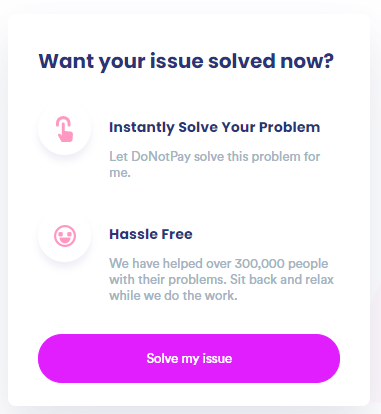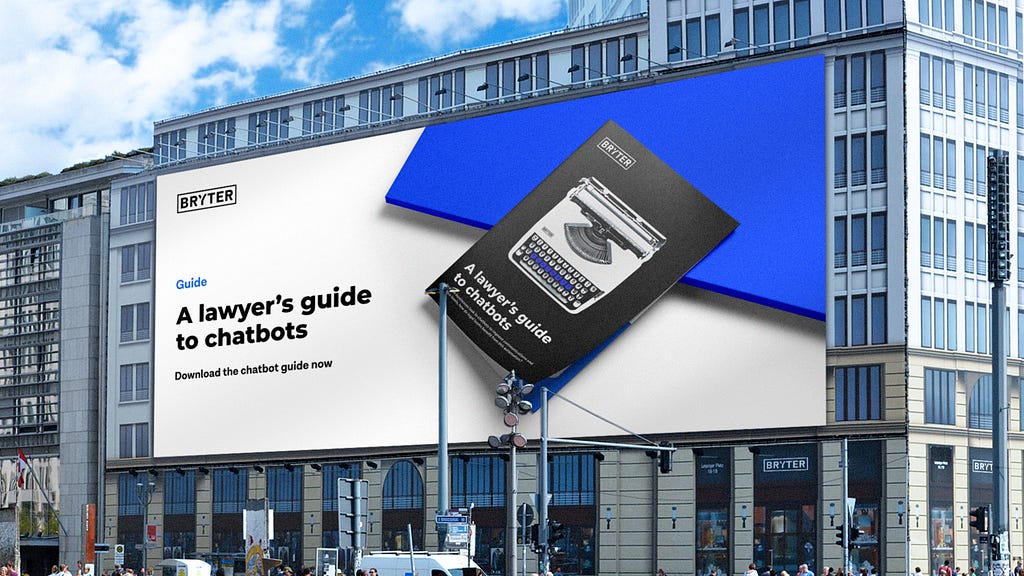Your cart is currently empty!
How US legal firms can and must compete with robo-lawyer services
Most US legal firms, like their European counterparts, are steeped in tradition. Even newer firms formed by eager law graduates have their education rooted in similar structures. As legal journals and business magazines impress on the need to modernize and digitize how we work, the external threats to legal firms are growing, but how do we address them?
Automated legal services like chatbots and form creators are a threat to the legal profession, or they can be viewed as a challenge to be met. As was the case with iTunes and Spotify for music and Amazon for retail, some tivals adapted to face a new market reality, others folded or sold up, or were driven into a particular niche, while more startups arrived to compete. Whatever the market, there are plenty of ways to survive and thrive as the momentum and disruption of automation builds, as legal will find out very quickly.
In the legal profession, the adoption of digital technology for collaboration and efficiency, powered by cloud services has been mixed. But as all markets look post-COVID, there is a fresh impetus to grasp and understand the learnings from the crisis and adopt technology to make legal operations more streamlined and efficient.

Lack of awareness is no defense, with Deloitte exploring the disruption issue back in 2017 with a report on ”The case for disruptive technology in the legal profession”, highlighting the key issues of:
· The opportunity that technology creates for legal.
· The growing importance of big data and analytics in legal cases.
· The effects of technology on legal business models.
· Potential legal disrupters.
All of which remain valid today, but now the disruption is more visible, in every lawyer’s face and rising up the boardroom agenda for all firms with a large legal footprint.
Trending Bot Articles:
1. The Messenger Rules for European Facebook Pages Are Changing. Here’s What You Need to Know
3. Facebook acquires Kustomer: an end for chatbots businesses?
The rise of disruptive legal services
Legal business evolution is driven by vertical-specific vendors iterating well-known IT products and cloud solutions, often packaged by legal IT specialists and sold to enterprises with extensive legal departments, and then down to smaller firms.
But the word “disruption” is the driving force behind more radical change. Many startups and “ideas people” both from within and external to the law profession see opportunities to shake up the old order. They create new products and types of service that eliminate the high cost and slow-moving nature of most legal offerings and services.
Behind their ideas, new products are driven by the limitless power of the cloud to deliver services and scale marketing to enormous proportions. While most of them will fail to gain the much-coveted traction, those that succeed act as inspiration for more to try, while rapidly taking business from existing legal firms or providing them with the tools to compete.
The current poster child for disruptive legal tech is DoNotPay, a company founded by an English teenager, Joshua Browder, in 2015. His business started with an automated way to dispute parking tickets and expanded to the US, providing bots that help consumers with legal form filling, filing for airfare refunds, providing access to legal services and much more. Others include Zegal (legal templates), Lisa Robot Lawyer (NDAs and property contracts).
DoNotPay has blossomed into a consumer rights champion, offering virtual credit cards, student advice and has started eating further up the legal food chain with an automated contract builder and other tools. It can even send these forms as faxes to services that are stuck in their ways.

People who never knew they needed a lawyer are using DoNotBuy or the growing number of rivals servicing local, national or regional markets, without ever having to find traditional representation. Digital-native generations will use these tools and never bother Googling for “lawyer near me.” And this is only the start as automated real estate, bail bond, company creation services, business contracts, leases and other legal processes are consumed as instant services.
Getting your legal firm up to speed
Larger legal firms may find the recent changes barely affecting them, but that pace of change continues to increase, and the impact will be felt eventually. Many firms are wondering how they can meet this challenge. Some play to their strengths using cash piles for acquisitions to corner a market or expand into new territory.
Others will follow the well-trodden path of digital legal services adoption, doing whatever their rivals do to keep pace through cloud-based practice management services at cost and with the usual upheaval of adopting new services. Bucking tradition, perhaps the best approach to meeting the automated services era is for firms to ask their domain experts how they can innovate and counteract or outpace those threatening to disrupt the legal landscape.
Where DoNotPay and its rivals may falter is that they are not law firms and the T&Cs state that “The information provided by DoNotPay along with the content on our website related to legal matters (“Legal Information”) is provided for your private use and does not constitute legal advice.”
A law firm can fill the breach with automated services that do provide legal advice or take the next steps that robo-firms currently do not. And creating these tools is simpler than you might think.
BRYTER does legal magic with no-code
Companies like BRYTER, which has been peppering the top 10 legal startup lists (Financial Times) recently, is currently setting up offices in New York after two successful years in Europe It’s no-code service automation product highlights how legal firms can build their own tools without relying on expensive and time-consuming IT rollouts.
Putting design tools in the hands of lawyers and legal professionals to build the applications they need, from chatbots (see BRYTER’s new “lawyer’s guide to chatbots” white paper), form creators, tax checkers and other necessities gets them live in days, not months.
They enable a company to prototype and trial applications quickly to take advantage of new legal market opportunities, and then scale digital legal services to meet demand. BRYTER is already used by leading legal firms for timely issues like privacy, COVID-19, GDPR, CCPA, repapering among other matters, all helping grow digital ideas within businesses.

They can save time or generate revenue for the company directly, or be sold to clients as part of service packages, diversifying beyond the traditional billable hour.
BRYTER’s full-service offering provides the tools, expertise and experience to embed no-code tools as a core product within teams or legal practice groups. It took one person to build DoNotPay and it could be one of your lawyers looking to innovate or deliver savings that comes up with the next big thing that brings success to your practice by bringing an idea to life.
Don’t forget to give us your 👏 !




How US legal firms can and must compete with robo-lawyer services was originally published in Chatbots Life on Medium, where people are continuing the conversation by highlighting and responding to this story.